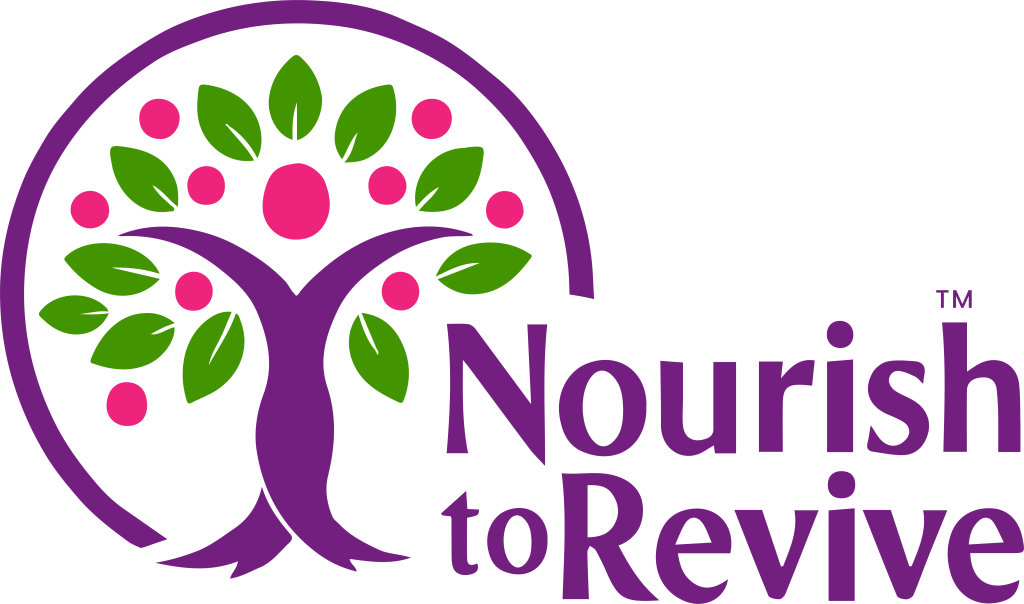Why Food Matters MORE Than You THINK!
Why Food Matters More Than You Think
Food is much more than something we eat to satisfy hunger—it’s at the center of our health, energy, and even how we feel emotionally. Over the years, working in nutrition has shown me how profoundly food affects every aspect of our lives. From digestion and physical health to our mood and mental clarity, food holds the power to transform our well-being.
Let’s dive into why food matters and explore some common questions and challenges that many people face.
The Building Blocks of Health
Think of your body as a machine, and food as its fuel. Every cell in your body relies on nutrients from food to function:
Conversely, a diet heavy in processed foods and sugar can drag your body down—leading to fatigue, inflammation, and recurring health issues. Choosing nutrient-rich foods sets the foundation for a healthier you.
The Digestion Connection
How well are you digesting your food? This is often overlooked, but digestion is the first step in turning what you eat into energy and nourishment. Poor digestion can lead to symptoms like bloating, discomfort, or fatigue.
Here’s how you can tell if digestion might be an issue:
Digestion isn’t just a physical process—it impacts how your body absorbs nutrients. Addressing digestion helps you unlock the full benefits of your food.
What Are Food Sensitivities?
Not all foods work well for every body. Food sensitivities occur when certain foods trigger negative reactions, like discomfort or inflammation. Here’s what to watch for:
What can you do if you suspect food sensitivities? Start by keeping a food journal to track what you eat and any symptoms you notice. From there, try an elimination diet—cut out potential trigger foods for a few weeks and reintroduce them slowly to pinpoint the source. Healing your gut with anti-inflammatory foods can also make a big difference.
Foods and Mood: The Gut-Brain Connection
This might surprise you, but the food you eat can influence how you feel emotionally. The gut and brain are connected by something called the gut-brain axis, and your diet plays a big role in how they communicate.
On the flip side, diets high in sugar and processed foods can lead to emotional ups and downs. By making small changes to prioritize nourishing foods, you can take control of both your physical and mental well-being.
Take Control of Your Health
Whether you’re struggling with digestion, food sensitivities, or just want to feel more energetic and balanced, starting small can make a big difference:
And remember—you don’t have to figure this out alone. Joining a membership can give you access to in-depth resources, guidance, and community support to help you take charge of your health.
